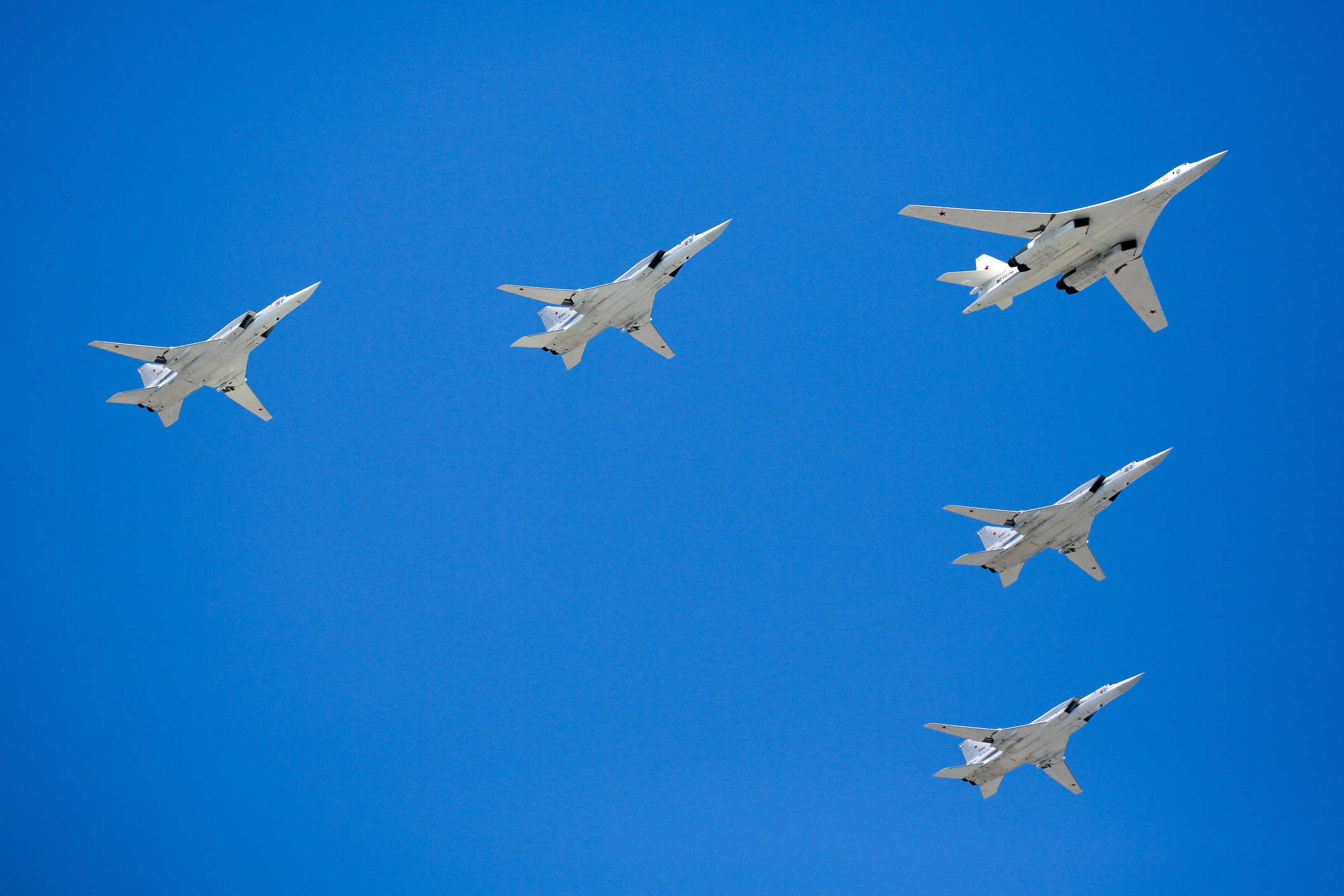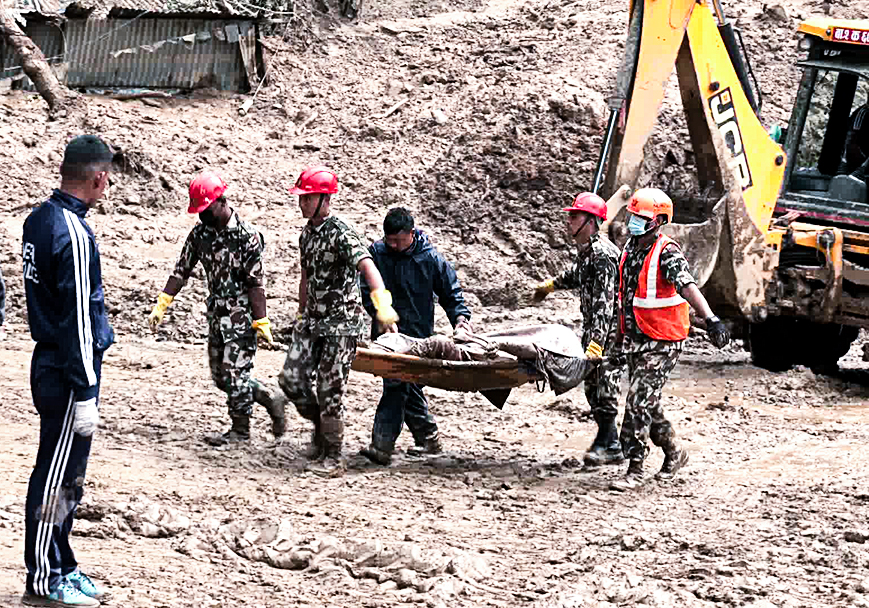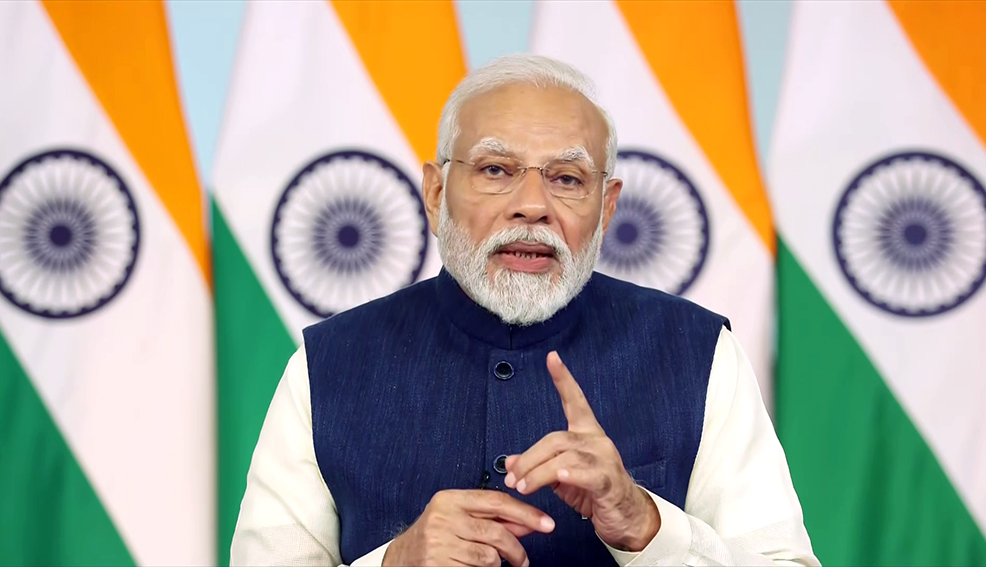Roughly 60% of the foreign parts found in Russian weapons on the battlefield in Ukraine come via China, Ukraine’s presidential adviser Vladyslav Vlasiuk told reporters on Tuesday.
Russia began a full-scale invasion of Ukraine in 2022 and despite sweeping Western sanctions, Moscow has been able to replenish its military machine with western microchips and semiconductors.
Ukraine has been struggling to keep up with Russia’s onslaught. Kyiv says Moscow not only receives parts from and via China, but has also bought thousands of drones from Iran.
“If you take all the usual types of weapons and count the foreign made components – about 60% would be coming from China. We have had lengthy discussions with some manufacturers about this,” said Vlasiuk, who was in Brussels to meet with European Union and G7 members to discuss sanctions against Russia.
“The PRC (China) is the biggest problem I would say.”
ADVANCED U.S. CHIPS
China is itself supplying Russia, as well as being a transit route for western products. He said important parts used in surveillance, drones and missiles have also originated from the United States, the Netherlands, Japan, Ireland and Switzerland among other western countries.
Beijing has repeatedly denied supplying weaponry or parts to any party and says it is not involved in the Ukraine crisis.
Vlasiuk said Ukraine had found a range of advanced chips made by U.S. companies, such as Analog Devices, Texas Instruments, AMD-owned Xilinx, Cypress Semiconductor owned by Germany’s Infineon and Altera, a subsidiary of Intel.
Some products were manufactured over a decade ago, while others were made as recently as last year, according to documents shown to reporters by Vlasiuk that listed hundreds of examples he said were found on the battlefield. Not all the origin dates could be identified, the documents showed.
Vlasiuk added that the government was not always able to ascertain whether these chips were designed for missiles or for other goods.
The EU could do more to stop the flow of western products, Vlasiuk said, including taking measures against Russia’s nuclear firm Rosatom.
“Rosatom…we believe it (Russia) has been using its (Rosatom’s) networks to supply the Russian army,” he said. European capitals have been reluctant to take any action owing to Russia’s dominance in nuclear plant supplies.
The bloc could also target Russia’s logistics, such as airports and seaports, and financial institutions that facilitate the sales, he said. Vlasiuk also pointed to a U.S. package of sanctions on IT, which he said has been very effective after coming into force earlier this month.
(Reuters)



















